Microsoft's latest moves signal a massive shift in how we interact with our computers. The company has officially terminated free security updates for Windows 10 this week, according to the Economic Times, while simultaneously rolling out compelling AI-powered features for Windows 11 that could fundamentally change computing. What we are witnessing is not just another update cycle. It is Microsoft’s boldest bet on the future of personal computing, strategically designed to accelerate the industry’s transition toward AI-first experiences.
The end of an era creates strategic pressure
Here is what Microsoft’s Windows 10 sunset strategy means for users and the broader landscape. The company concluded complimentary security support for Windows 10, though millions continue using personal computers with the older operating system. Microsoft first introduced Windows 10 a decade ago and launched its successor, Windows 11, in 2021. A slow, four-year migration arc ends here.
The choices now get uncomfortable. Those who need continued protection can purchase additional security coverage through October 2026. Paying to stand still feels like a meter that never stops. Certain users in the European Union and U.S. customers who can sync with Microsoft’s cloud services will receive complimentary extended support, a small safety net that does not fix the hardware compatibility crunch.
The scale is the story. Many people globally still rely on Windows 10, particularly those with older computers that cannot upgrade to Windows 11, a dynamic analysts frame as the largest forced hardware refresh in computing history. Consumer advocates have spent months petitioning Microsoft to extend technical support for an estimated hundreds of millions of devices that will no longer receive automatic security fixes.
Microsoft has been blunt about what comes next. The company acknowledges that most people with unsupported devices will likely either continue using them despite vulnerabilities or dispose of them. That has environmental and security implications, and it also turns up the heat on Microsoft’s push toward an AI-first Windows.
Voice-first computing becomes the compelling alternative
The timing is not an accident. The company is encouraging users to speak directly to their laptops as it deploys new artificial intelligence updates to Windows 11, reframing the upgrade pitch from bare security to daily usefulness.
Voice is the front door. Users can now activate Copilot using voice commands like "Hey Copilot", a step toward an operating system built around conversation rather than clicks. The bet is backed by usage data, not just hype. Microsoft’s internal research shows that people who use voice engage with Copilot twice as much compared to text users.
Just say it, then keep working. With the wake word, you can start talking to Copilot Voice simply by saying "Hey Copilot", and it fits Microsoft’s vision of making every Windows 11 computer an AI PC, with no special hardware required. No new rig. No shortcut to memorize. Just your voice.
Voice mode enables users to dictate commands to start conversations with their computer instead of typing or clicking. Windows 11 starts to feel less like a machine you have to learn and more like a partner you can talk to.
Intelligent action and contextual awareness create competitive differentiation
The plan goes beyond speaking to your PC. Microsoft is expanding Copilot Vision, which analyzes content on users’ screens and answers related questions, to all markets where Copilot is offered. The assistant can reference what you see, not just what you type.
Real-world use is the point. Copilot Vision can analyze what’s displayed on your screen to assist with everything from improving photos to reviewing PowerPoint presentations. All Windows 11 users now have access to Copilot Vision, an AI feature that can analyze and provide feedback on documents, video games and other activities happening on the screen. Less back and forth. More flow.
Then comes action. The company is launching an experimental "Copilot Actions" mode that enables its AI assistant to perform real-world tasks for users, such as booking restaurant reservations or ordering groceries, from the desktop. That shifts Windows 11 from assistant to agent.
Early testers get the first taste. Coming soon to Windows Insiders, Copilot Actions will handle tasks on local files. Think sorting, organizing, stringing together multi-step jobs without babysitting every click.
Even play gets the AI treatment. Microsoft has launched its "Gaming Copilot" embedded in Xbox Ally consoles, which allows players to engage with the AI assistant for real-time tips, recommendations and support. Productivity, creation, gaming, one thread.
The strategic transformation accelerates industry-wide AI adoption
This is not a sprinkle of features, it is a reset of what a PC is for. Microsoft notes that 68% of consumers are already using AI for decision-making. The company is chasing demand, not inventing it from thin air.
The Windows 10 cutoff acts like a lever. Microsoft is deploying these updates specifically to encourage people to upgrade from Windows 10. Security deadlines on one side, new AI perks on the other. Classic carrot and stick.
The hardware pipeline is already pointed that way. Microsoft expects the majority of PCs sold in the next few years to be Copilot+ devices. AI as default, not deluxe.
That creates a flywheel for the Windows ecosystem. Microsoft is actively pushing users to phase out Windows 10 while announcing new Windows 11 features, most of them further integrating the company’s AI chatbot, Copilot, into the laptop experience. Every new capability makes Windows stickier and the cloud more central.
Analysts are reading the same tea leaves. Microsoft is counting on new, primarily consumer-focused Copilot features to attract customers to Windows 11 24H2. Performance and polish matter, sure, but AI is the headliner.
What this means for the future of computing
Microsoft is betting hard on AI-first computing. This moment feels like a pivot in personal tech, a handoff from menus and mouse clicks to conversation and intent. The shift from Windows 10 to AI-powered Windows 11 is not just about shiny features. It is about teaching computers to meet people where they are.
The implications go beyond Microsoft’s scoreboard. Voice commands, intelligent screen analysis, and proactive assistance are early steps toward everyday conversational computing, the kind where your PC behaves less like a tool and more like a collaborator. That touches productivity, classrooms, and accessibility in one sweep.
For users still on Windows 10, the pressure is clear, move to Windows 11’s AI sphere or stay with systems that grow more vulnerable and feel stuck in yesterday’s paradigm. Microsoft has set up the choice to be obvious. They are not just ending support for Windows 10, they are making the case for why AI-first computing is the next rung on the ladder.
Will people embrace it quickly, or hold tight to old habits? I think the answer arrives in waves, with early adopters racing ahead and everyone else following once the benefits feel unavoidable. Either way, Microsoft has turned Windows 11 into the proving ground for mainstream AI computing, and the ripple effects will shape the next decade of how we work, learn, and play.




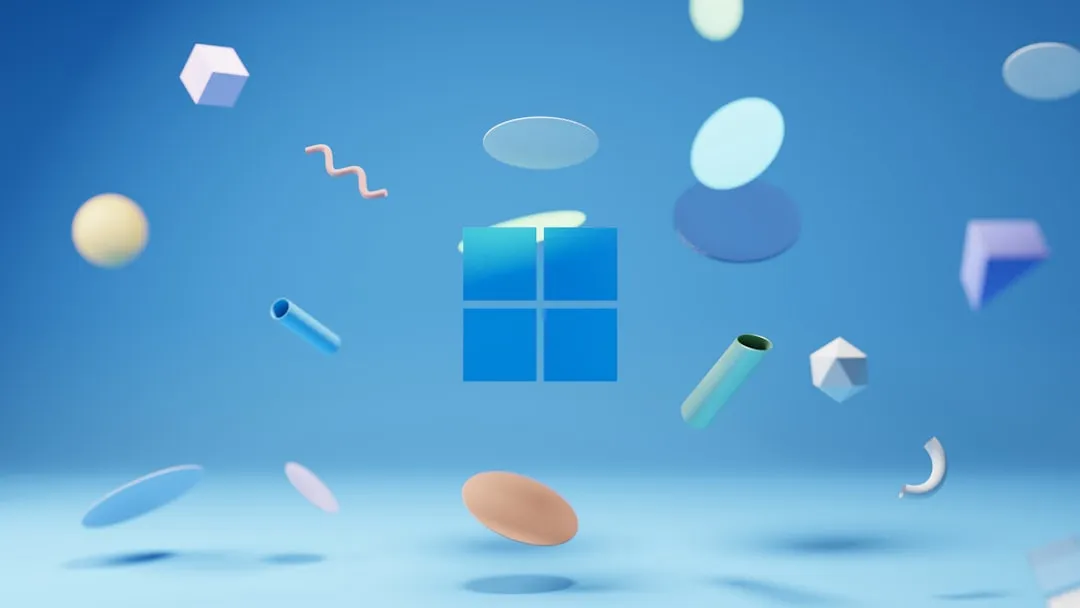

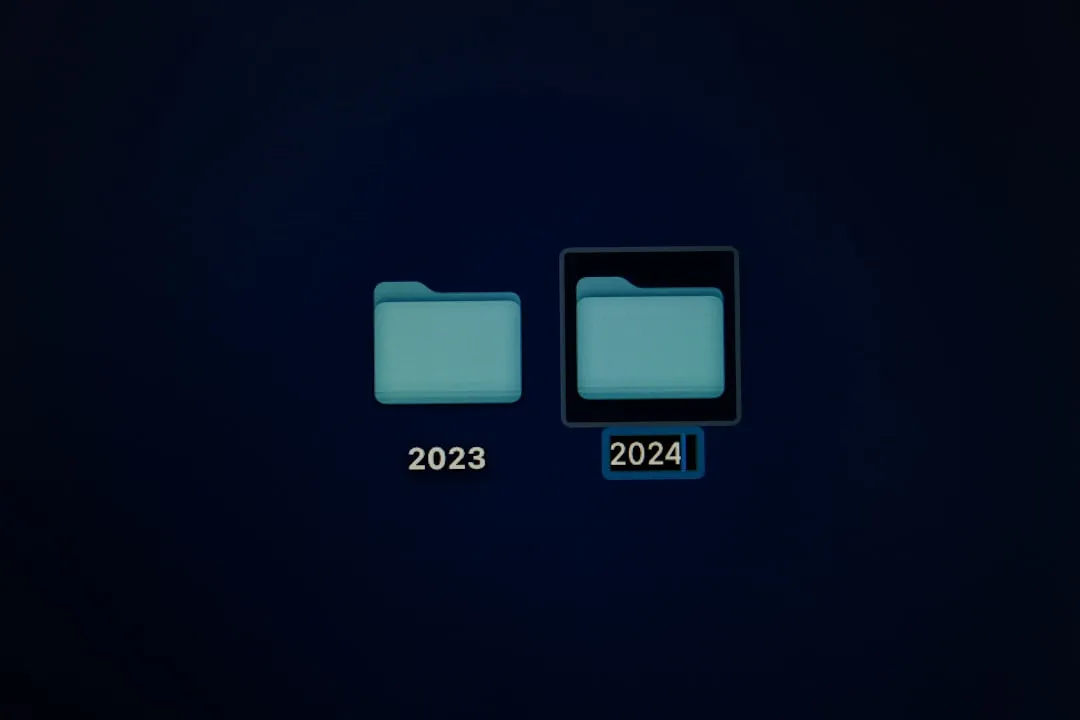
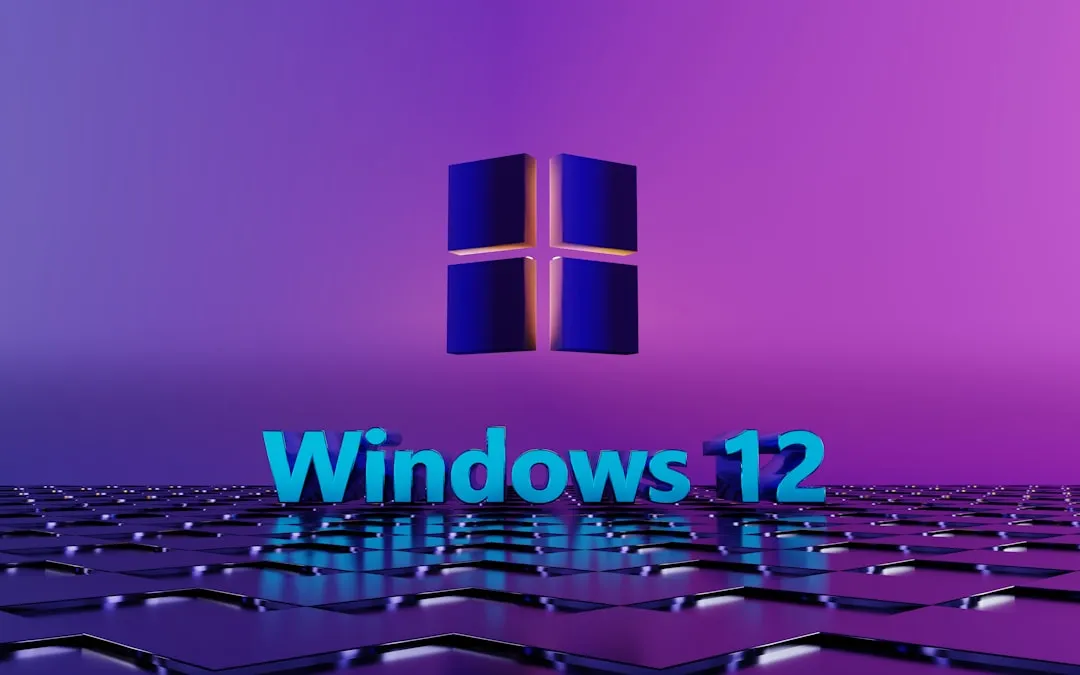
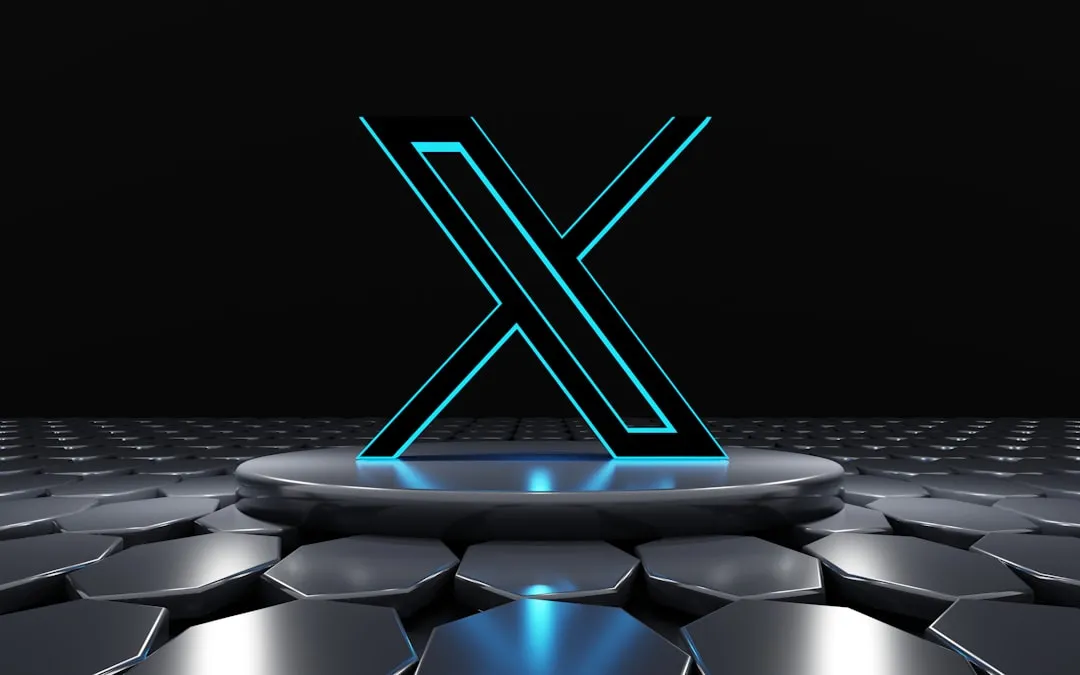

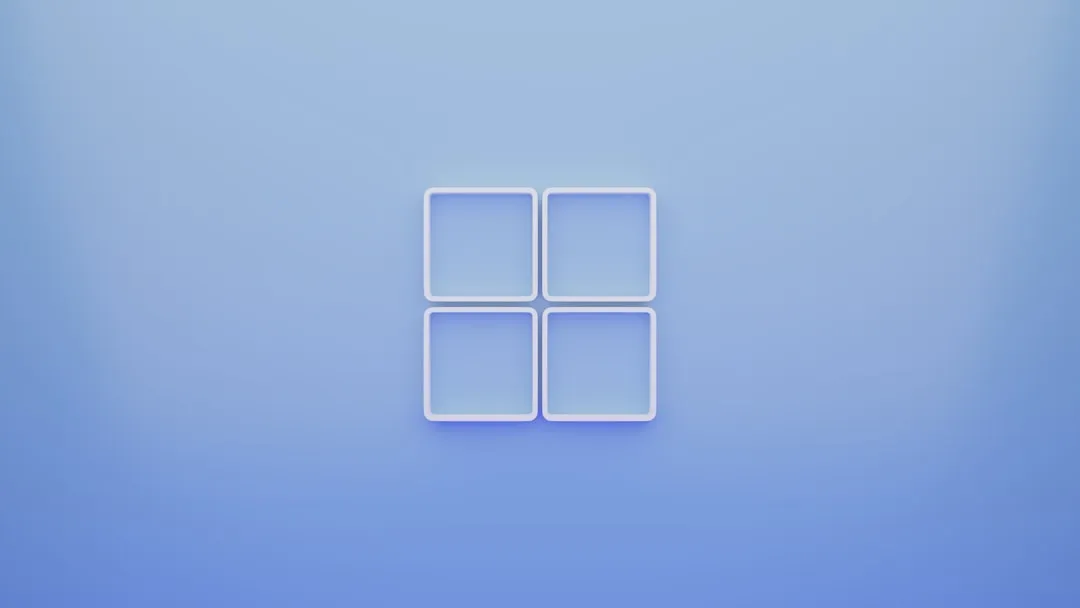
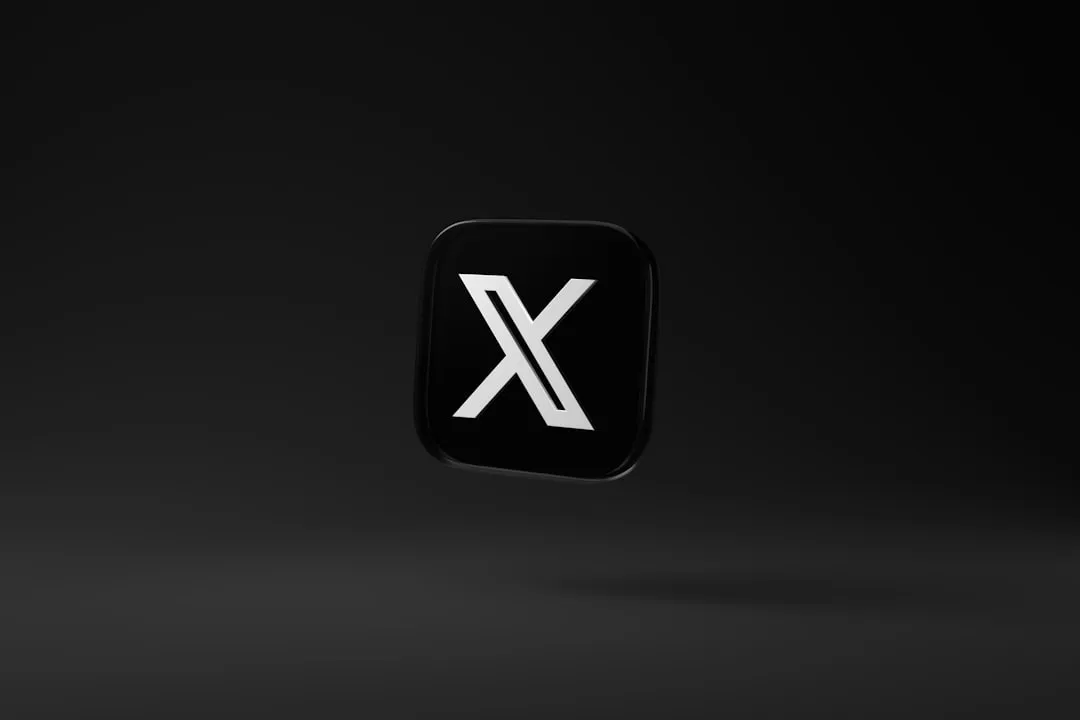

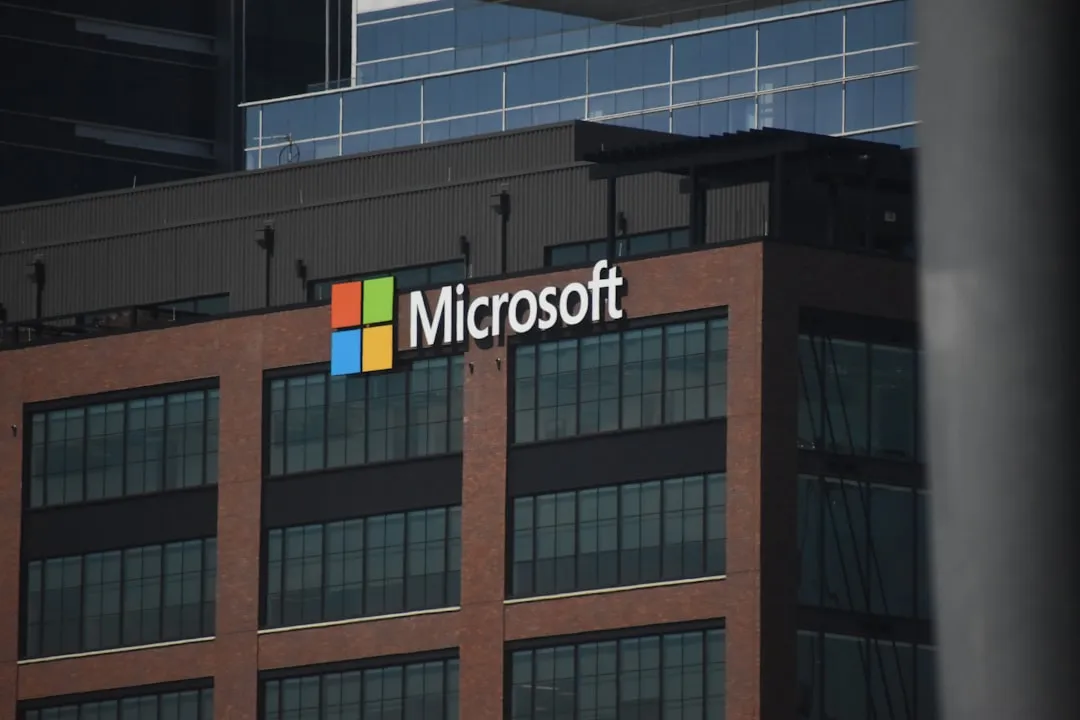


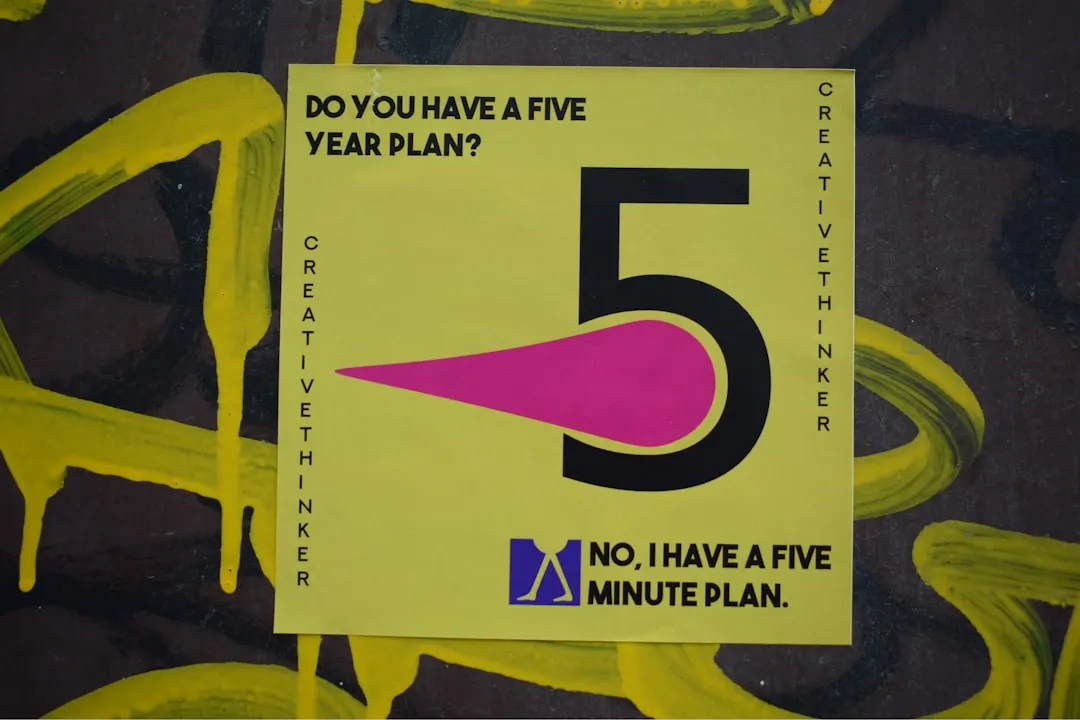

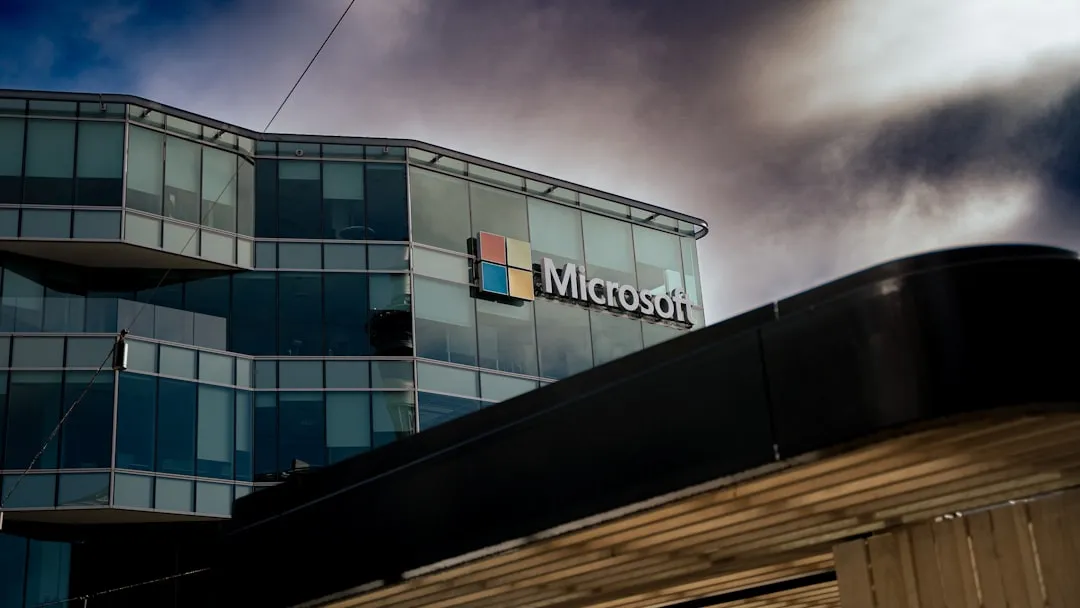


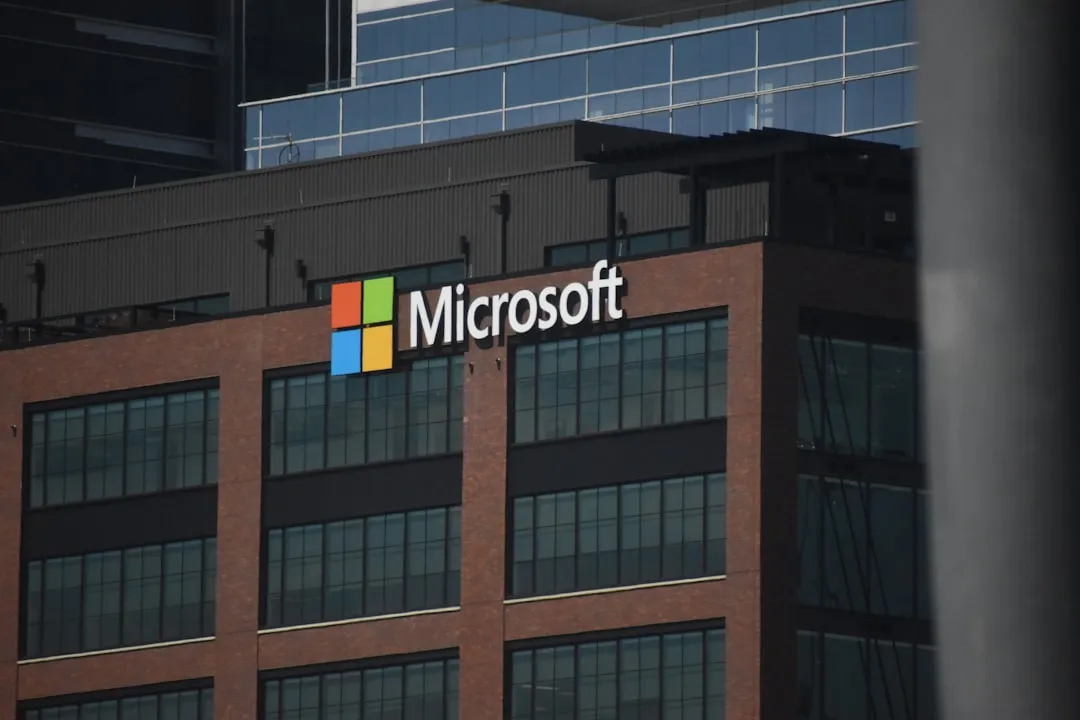
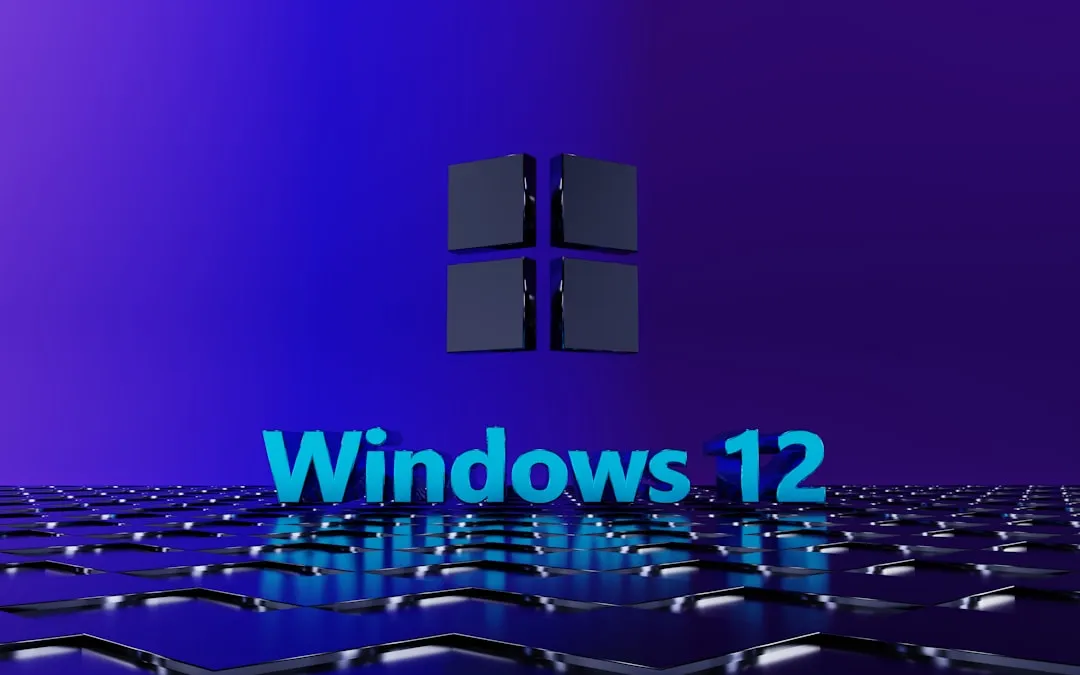
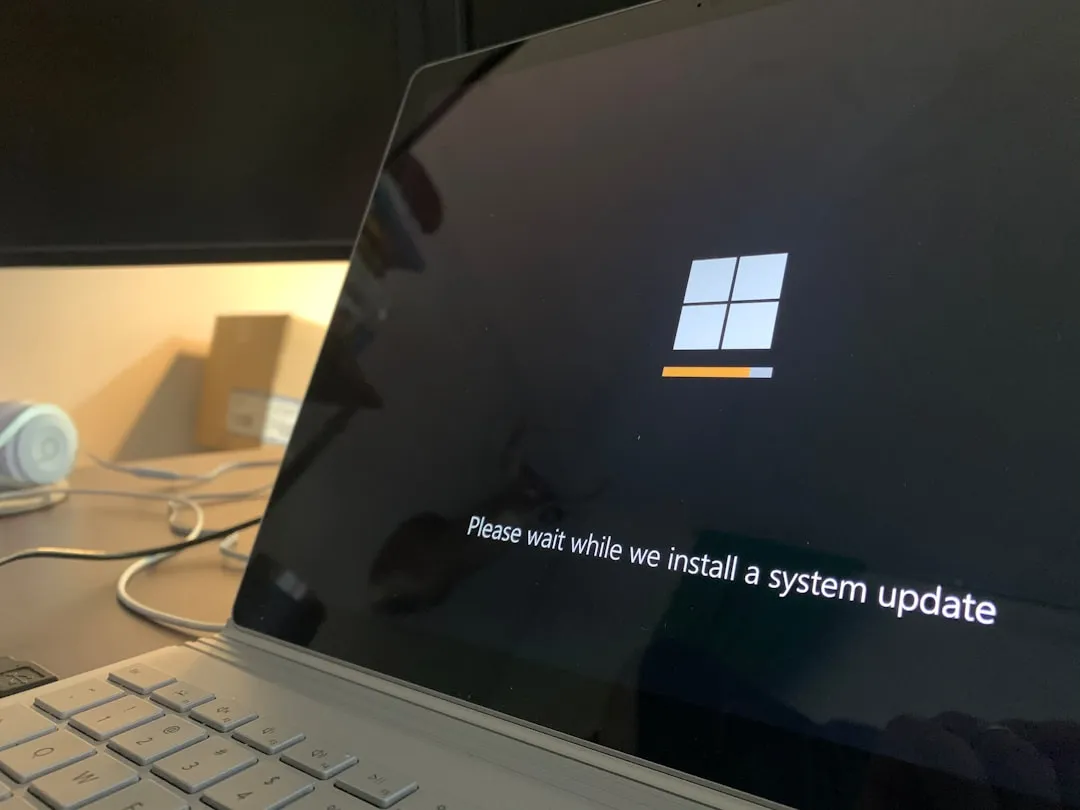
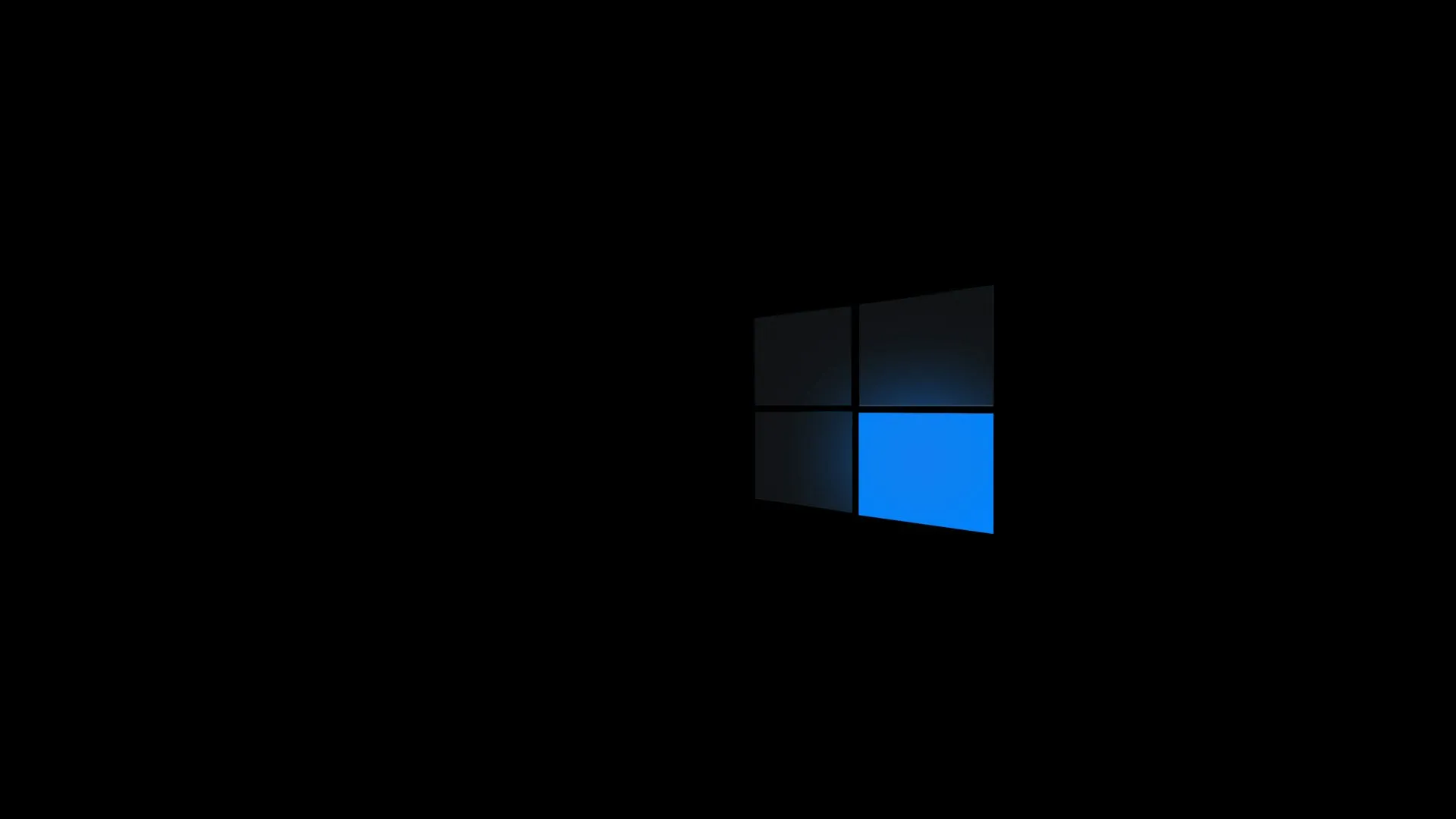
Comments
Be the first, drop a comment!